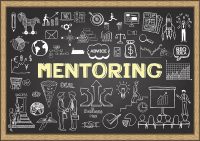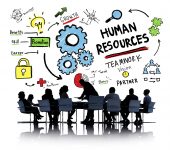The Ins and Outs of Career Mentoring in the Workplace
Research and studies reveal how beneficial career mentoring programs are to mentors, mentees, workplaces, organizations, and even entire industries, so whether you’re interested in improving your current career mentoring program or starting a new one, below is more detailed information about career mentoring that you’ll want to explore.












